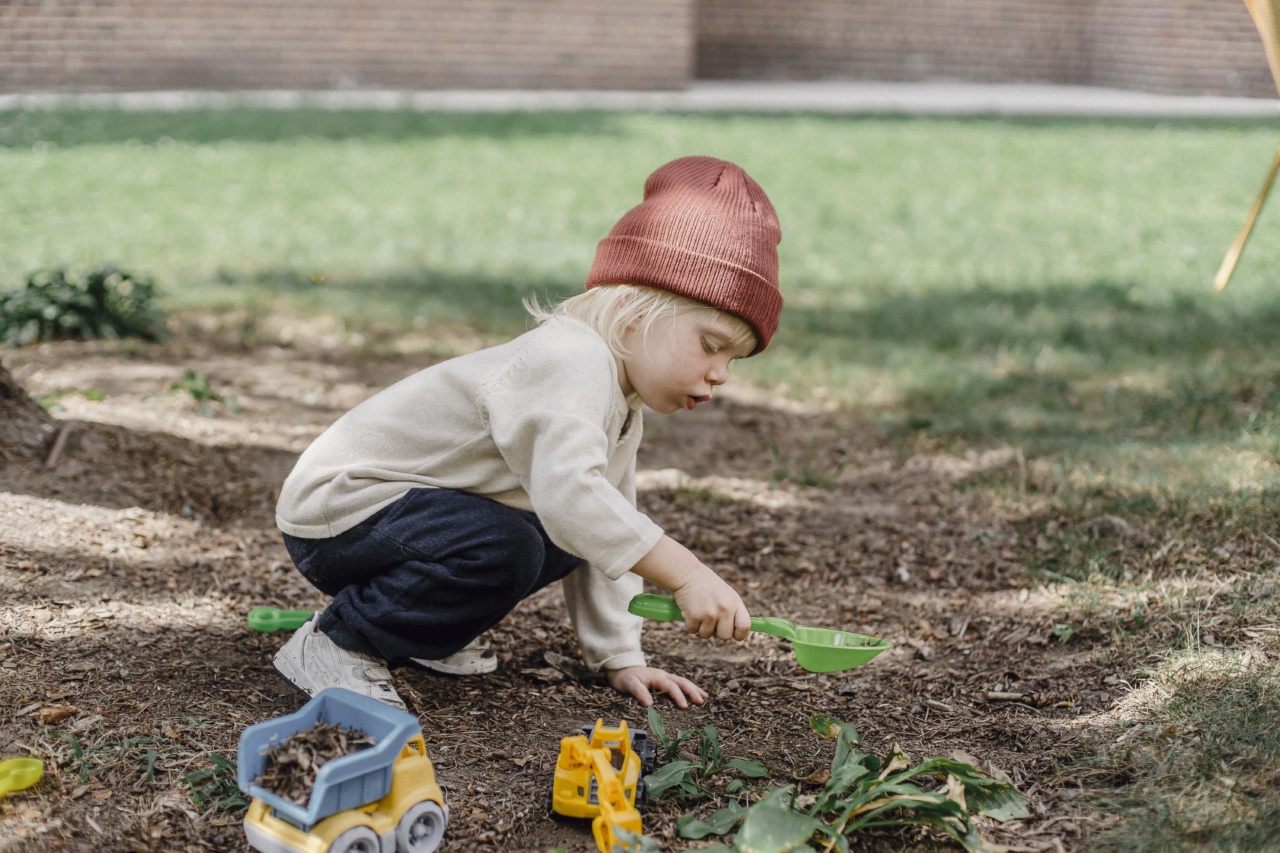Children learn best when they have access to a natural environment. Nature provides a multisensory experience that promotes cognitive development.
Spending time outdoors, playing with rocks, plants, and animals, helps children develop problem-solving skills, creativity, and critical thinking.
Additionally, research has shown that nature can improve children’s focus, attention, memory, and mood.
In this article, we will explore the importance of nature for kids’ cognitive development and how parents and educators can incorporate nature-based learning activities into their daily routine.
Nature Promotes Creativity and Imagination
Children are naturally curious and imaginative. When they spend time exploring the outdoors, they engage their senses and expand their mindset. Nature-based play can stimulate a child’s creativity, imagination, and problem-solving skills.
For instance, building a fort with sticks or creating a sculpture with clay involves a child’s imagination and problem-solving abilities.
When a child engages in nature-based play, their brain is actively processing information, figuring out solutions, and creating new ideas. This type of free play not only fosters creativity but also builds emotional resilience, self-confidence, and social skills.
Nature Enhances Cognitive Flexibility
Cognitive flexibility refers to the ability to shift attention and adapt to new environments or situations effectively. Exposure to nature and outdoor play can improve cognitive flexibility in children.
For example, when a child explores a new environment, such as a forest or a beach, they learn to adjust to new stimuli and adapt to unfamiliar situations. This type of experience enhances cognitive flexibility and promotes brain development in children.
Encouraging children to participate in outdoor activities helps them become more adaptable and flexible, which is essential for success in school and beyond.
Nature Boosts Memory and Attention
Spending time in nature can help improve children’s ability to focus and pay attention. According to research, green spaces can significantly reduce symptoms of ADHD and improve cognitive performance in children.
Studies have also shown that nature can enhance memory retention and recall. For instance, when a child learns in a natural environment, such as a park or a garden, they are more likely to remember the information they obtain.
Nature-based learning can help children retain information and recall it later, making it more likely to stick with them long-term.
Nature Reduces Stress and Improves Mood
Nature has a calming effect on the mind and body, which can help reduce anxiety and stress in children. When children spend time outdoors, they engage in physical activity, which releases endorphins and lowers cortisol levels.
This type of activity can improve mood and reduce the symptoms of depression and anxiety.
Nature-based activities, such as gardening or hiking, can also promote mindfulness and relaxation in children. Being surrounded by nature’s beauty and tranquility can help calm the mind and reduce stress.
Encouraging children to spend time outdoors can improve their mental health and well-being.
Nature-Based Learning Activities for Children
There are many ways parents and educators can incorporate nature-based learning activities into children’s daily routines. Here are a few examples:.
: Nature Walks
Take your child on a nature walk in a local park, garden, or nature reserve. Encourage them to observe and interact with the natural environment, point out wildlife or interesting plants, and ask questions.
: Nature Art
Encourage your child to create art using natural materials, such as leaves, flowers, or rocks. Alternatively, visit a natural history or science museum to learn about the local environment and its inhabitants.
: Gardening
Plant a fruit or vegetable garden with your child. Allow them to participate in every aspect of gardening, from planting and watering to harvesting and cooking. Gardening teaches children about science, healthy eating, and environmental responsibility.
: Camping
Camping is an excellent way for children to experience nature and learn survival skills. Encourage them to participate in setting up the campsite, building a campfire, and learning about the local wildlife.
Camping promotes team-building, problem-solving, and social skills.
Conclusion
Nature is essential for children’s cognitive development. Spending time outdoors, engaging in nature-based play, and participating in outdoor activities can improve creativity, imagination, cognitive flexibility, memory, attention, and well-being.
Parents and educators can incorporate nature-based learning activities into children’s daily routines to provide them with a multisensory experience that promotes cognitive, emotional, and social development.






























